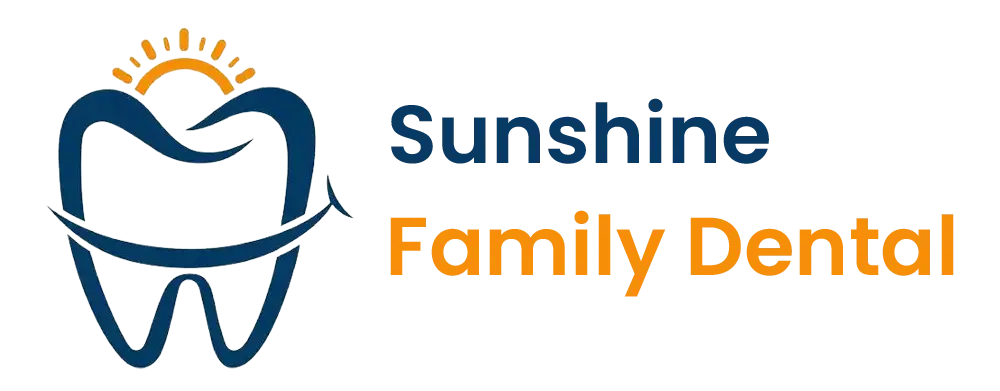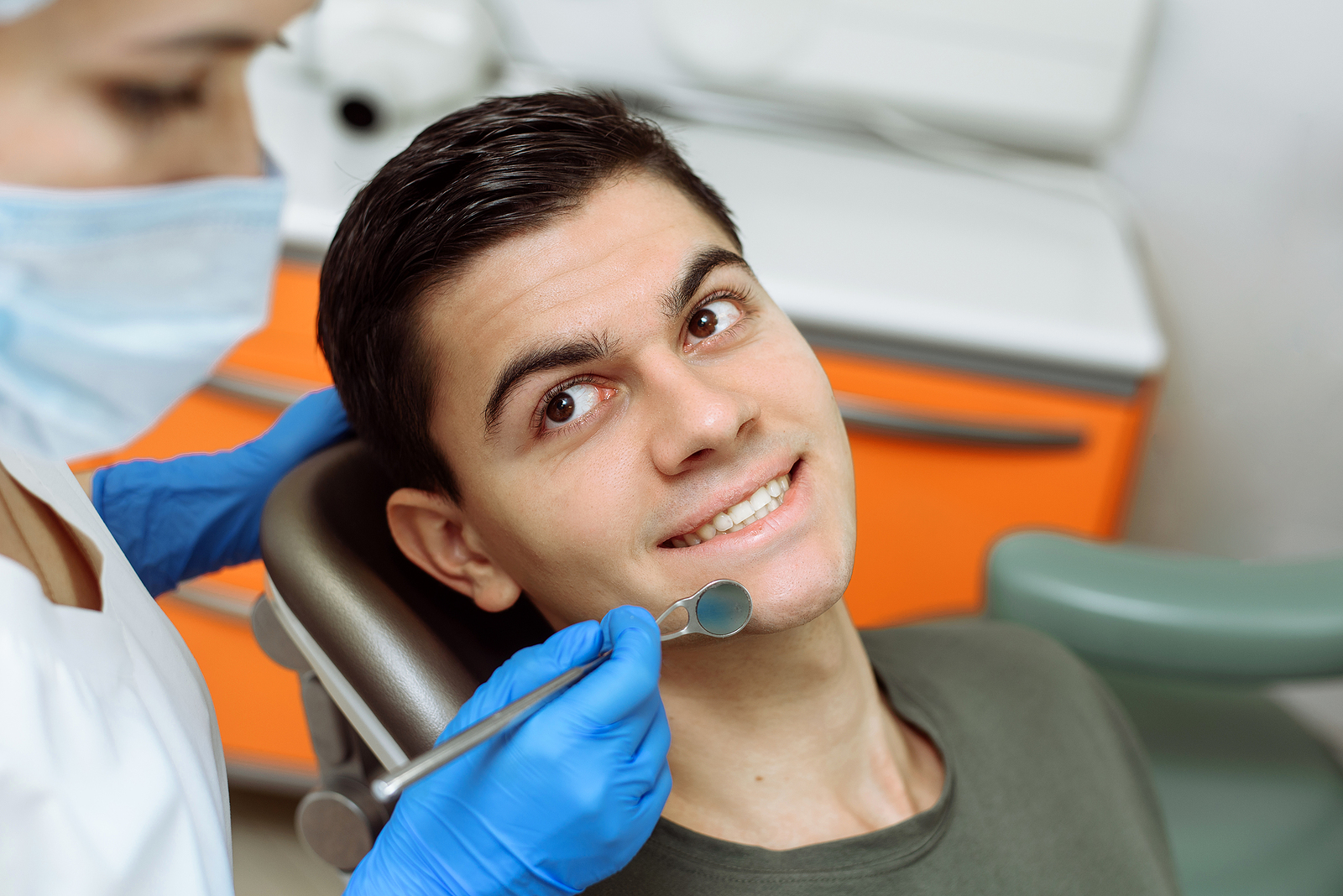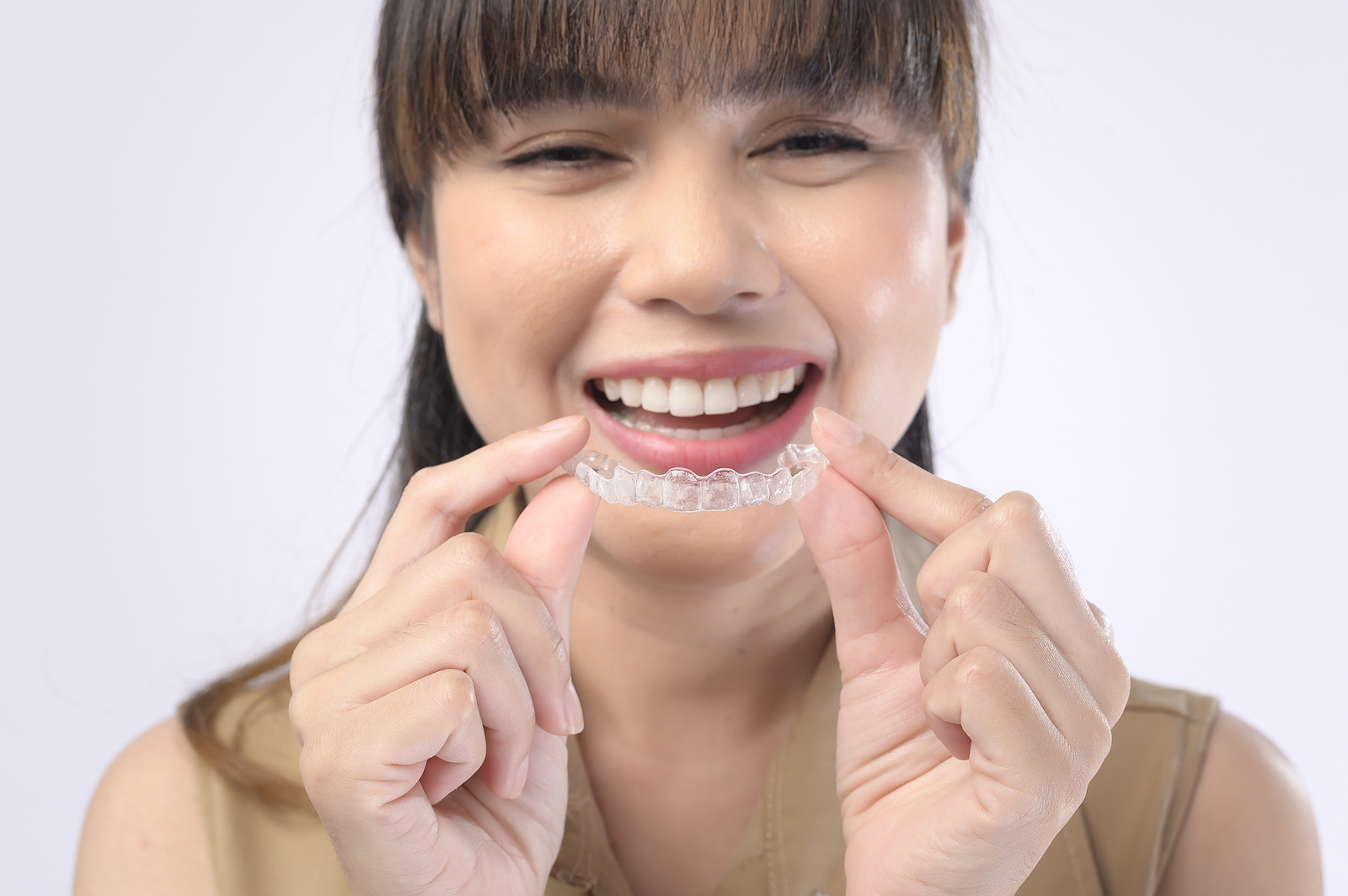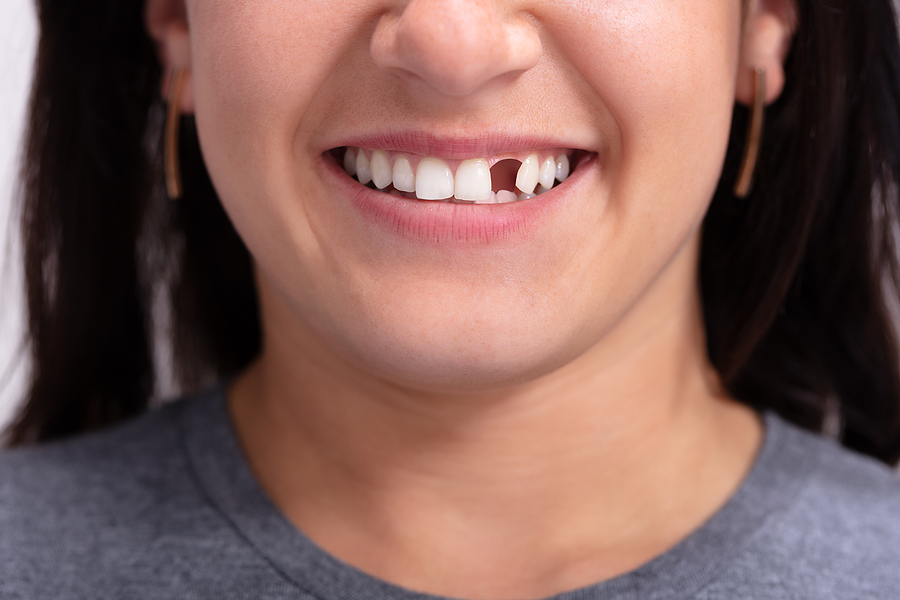
Sudden Tooth Pain? Here’s What Might Be Causing It
Are you suddenly experiencing a sharp, throbbing pain in your tooth that seemingly came out of nowhere? Don't worry, you're not alone. Sudden tooth pain can be quite alarming and disruptive to our daily lives. Whether it's a fleeting discomfort or an intense ache, it's important to understand the underlying causes and how to effectively treat and prevent this unwelcome sensation. In this blog post, we'll explore the common culprits behind sudden tooth pain, discuss effective treatment options, and share valuable tips for preventing future dental distress.
Common Causes of Sudden Tooth Pain
There are several potential reasons why you may be experiencing sudden tooth pain. One common culprit is tooth decay, which occurs when the protective layer of enamel on your teeth becomes damaged or eroded. When this happens, it exposes the sensitive inner layers of your tooth to stimuli such as hot and cold foods or drinks, resulting in pain.
Another possible cause of sudden tooth pain is a dental abscess. This occurs when bacteria infect the root of a tooth or the surrounding gum tissue. The infection can lead to intense throbbing pain that may worsen over time if left untreated.
Bruxism, or teeth grinding, can also contribute to sudden tooth pain. Grinding your teeth puts excessive pressure on them and can wear down their surfaces, leading to sensitivity and discomfort.
Sometimes, a cracked or fractured tooth can be the source of unexpected dental pain. Even tiny cracks in your teeth can allow bacteria to enter and irritate the nerve endings inside, causing sharp bursts of discomfort.
Sinus infections can sometimes cause referred toothache by putting pressure on certain nerves near your upper back molars.
It's essential to remember that these are just some examples of common causes; there could be other underlying issues contributing to your sudden tooth pain. It's always best to consult with a dentist for an accurate diagnosis and appropriate treatment plan tailored specifically for you!
How to Treat Sudden Tooth Pain
If you've ever experienced sudden tooth pain, you know how unbearable it can be. It can disrupt your daily activities and make it difficult to focus on anything else. But fear not, because there are several ways to treat this pesky pain.
First and foremost, try rinsing your mouth with warm saltwater. This simple solution can help reduce inflammation and provide temporary relief. You can also apply a cold compress to the affected area for about 15 minutes at a time. The cold temperature will numb the area and alleviate some of the discomfort.
Over-the-counter pain medications like ibuprofen or acetaminophen can also come in handy when managing sudden tooth pain. These medications have anti-inflammatory properties that can help reduce swelling and soothe the ache.
If home remedies don't do the trick, it's important to seek professional dental care as soon as possible. A dentist will be able to determine the underlying cause of your tooth pain and provide appropriate treatment options, such as filling a cavity, performing a root canal, or even extracting a severely damaged tooth.
Remember, treating sudden tooth pain is not a one-size-fits-all approach. Each case is unique, so it's essential to consult with a dental professional for personalized advice tailored to your specific situation.
Prevention of Sudden Tooth Pain
While sudden tooth pain can be a distressing experience, there are steps you can take to prevent it from occurring in the first place. Here are some preventive measures that you should incorporate into your oral hygiene routine:
1. Maintain good oral hygiene: Brush your teeth at least twice a day and floss daily to remove plaque buildup and prevent tooth decay.
2. Visit your dentist regularly: Regular dental check-ups and cleanings will help identify any underlying issues before they escalate into sudden tooth pain.
3. Avoid excessive consumption of sugary foods and drinks: Sugar promotes the growth of harmful bacteria in the mouth, leading to tooth decay and potential pain.
4. Wear a mouthguard during physical activities: If you participate in sports or grind your teeth while sleeping, wearing a mouthguard can protect your teeth from injury or damage.
5. Be mindful of what you eat and drink: Limit acidic foods and beverages as they can erode enamel over time, making teeth more susceptible to sensitivity and pain.
6. Quit smoking or using tobacco products: Smoking not only stains teeth but also increases the risk of gum disease, which can result in toothaches.
7. Address dental issues promptly: If you notice any signs, such as persistent sensitivity or minor discomfort, don't ignore them! Seek prompt treatment from your dentist to prevent further complications down the line.
By following these preventive measures consistently, you can significantly reduce the chances of experiencing sudden tooth pain and enjoy better oral health overall!
Remember, if you do encounter sudden tooth pain despite taking precautions, it is essential to seek professional dental care as soon as possible for an accurate diagnosis and appropriate treatment.
Stay proactive about maintaining good oral health – after all, prevention is always better than cure when it comes to keeping those pearly whites happy! Call us and schedule an appointment to learn more.
Office Hours
MON - WED9:00 am - 5:00 pm
THUClosed
FRI9:00 am - 5:00 pm
SAT8:30 am - 2:30 pm
SUNClosed






comments